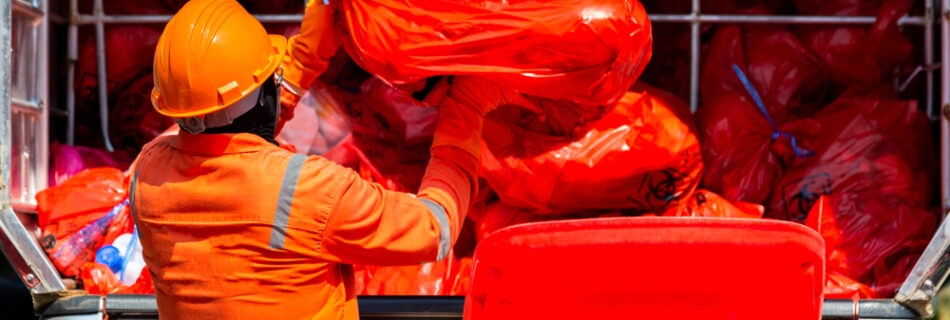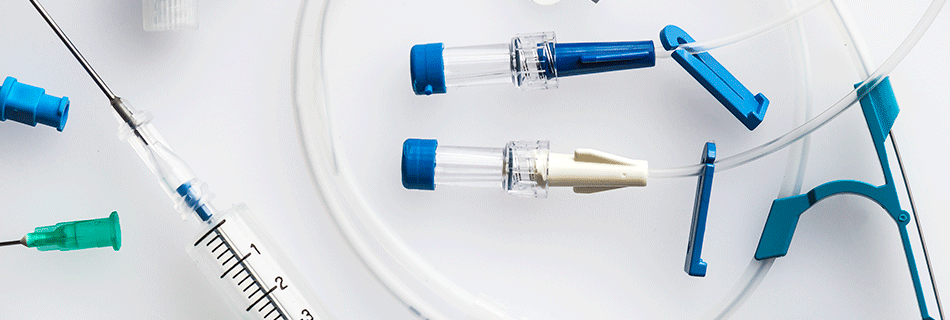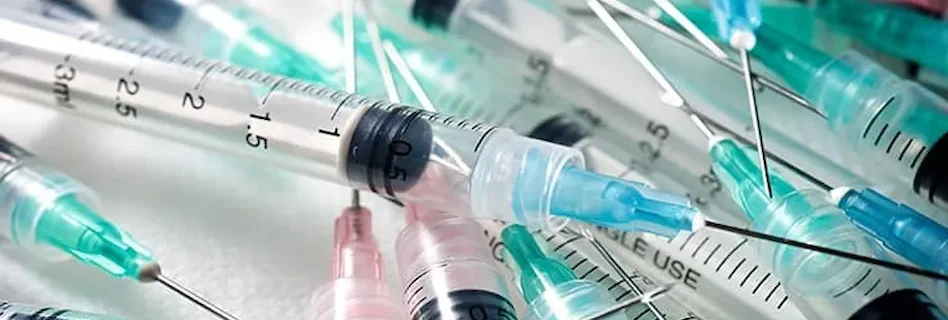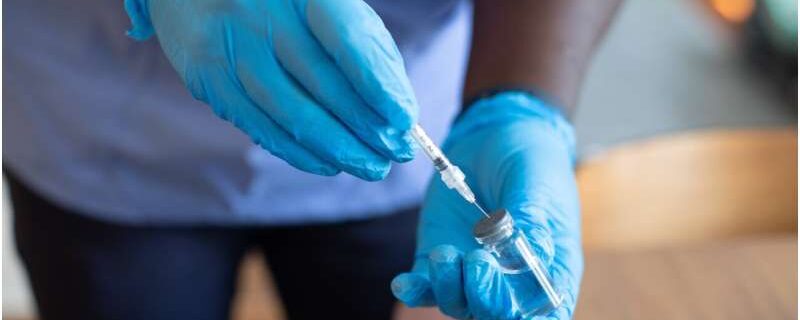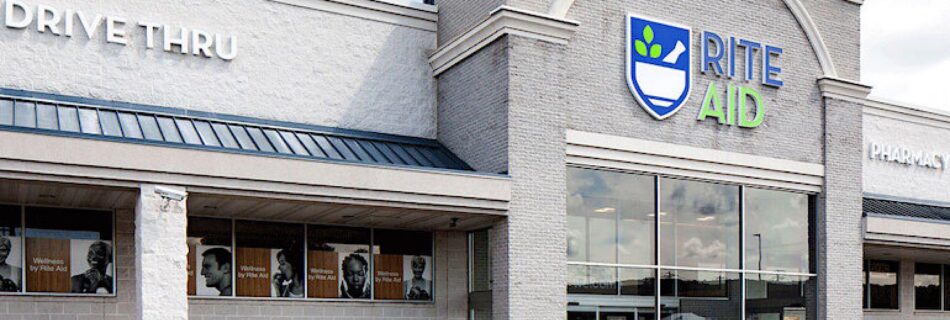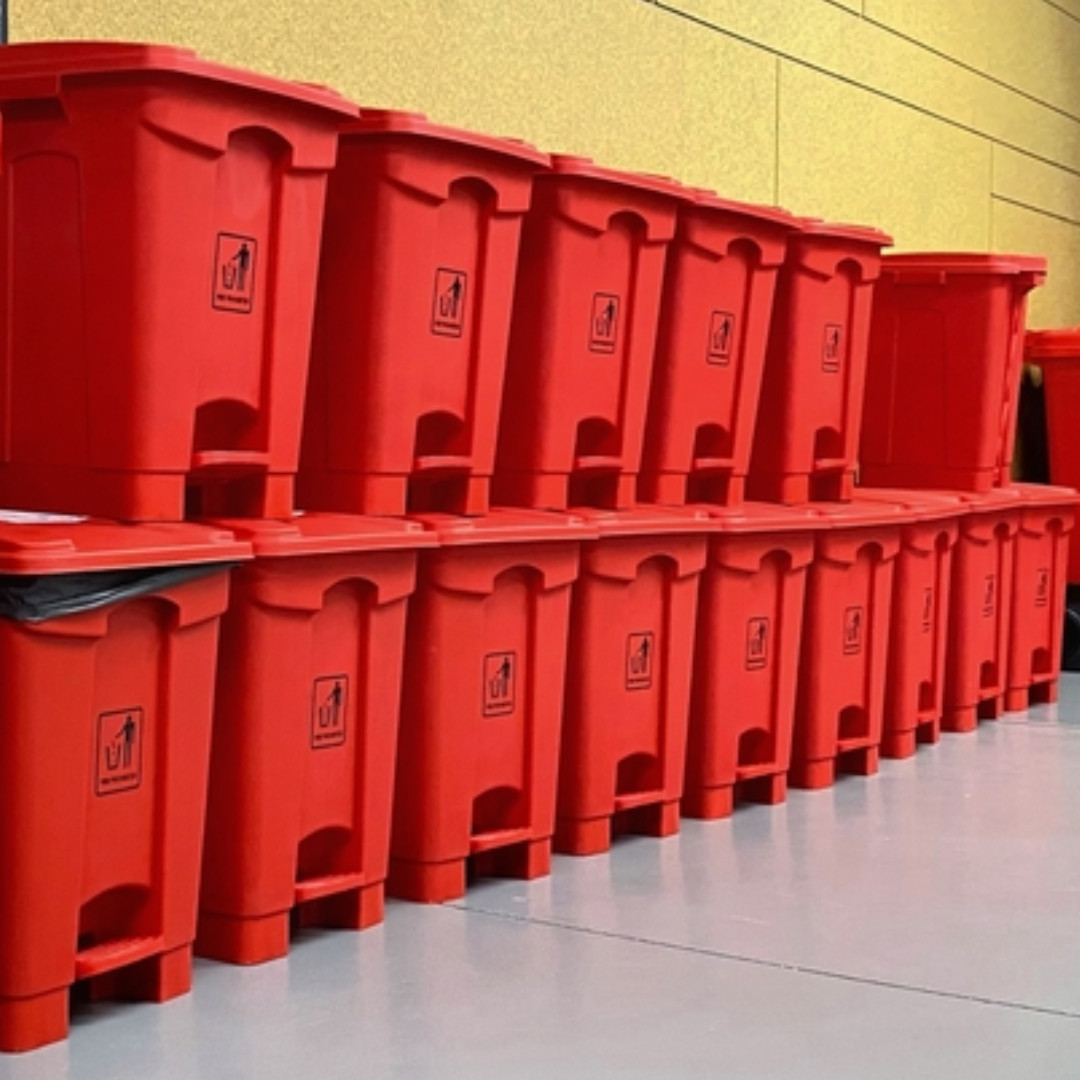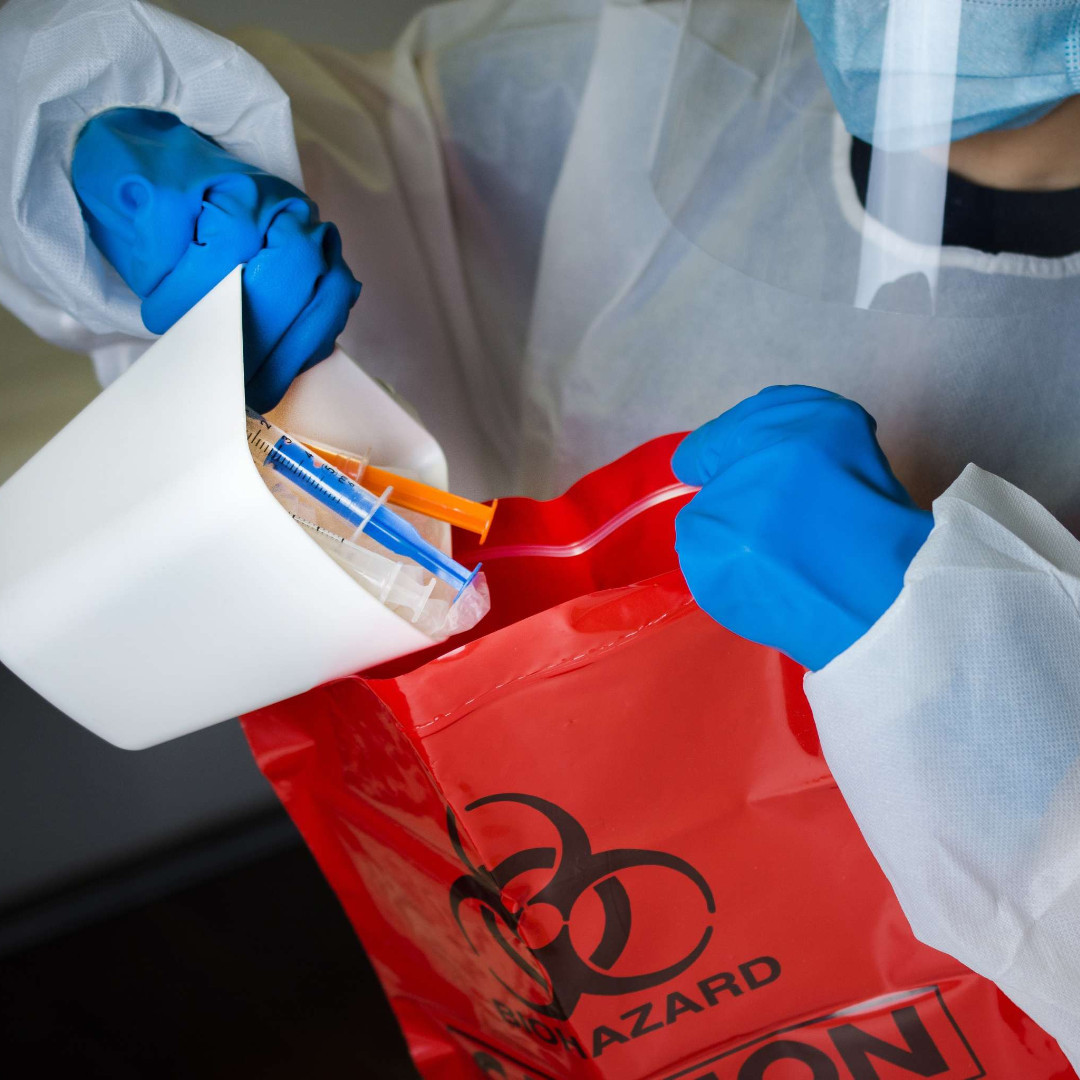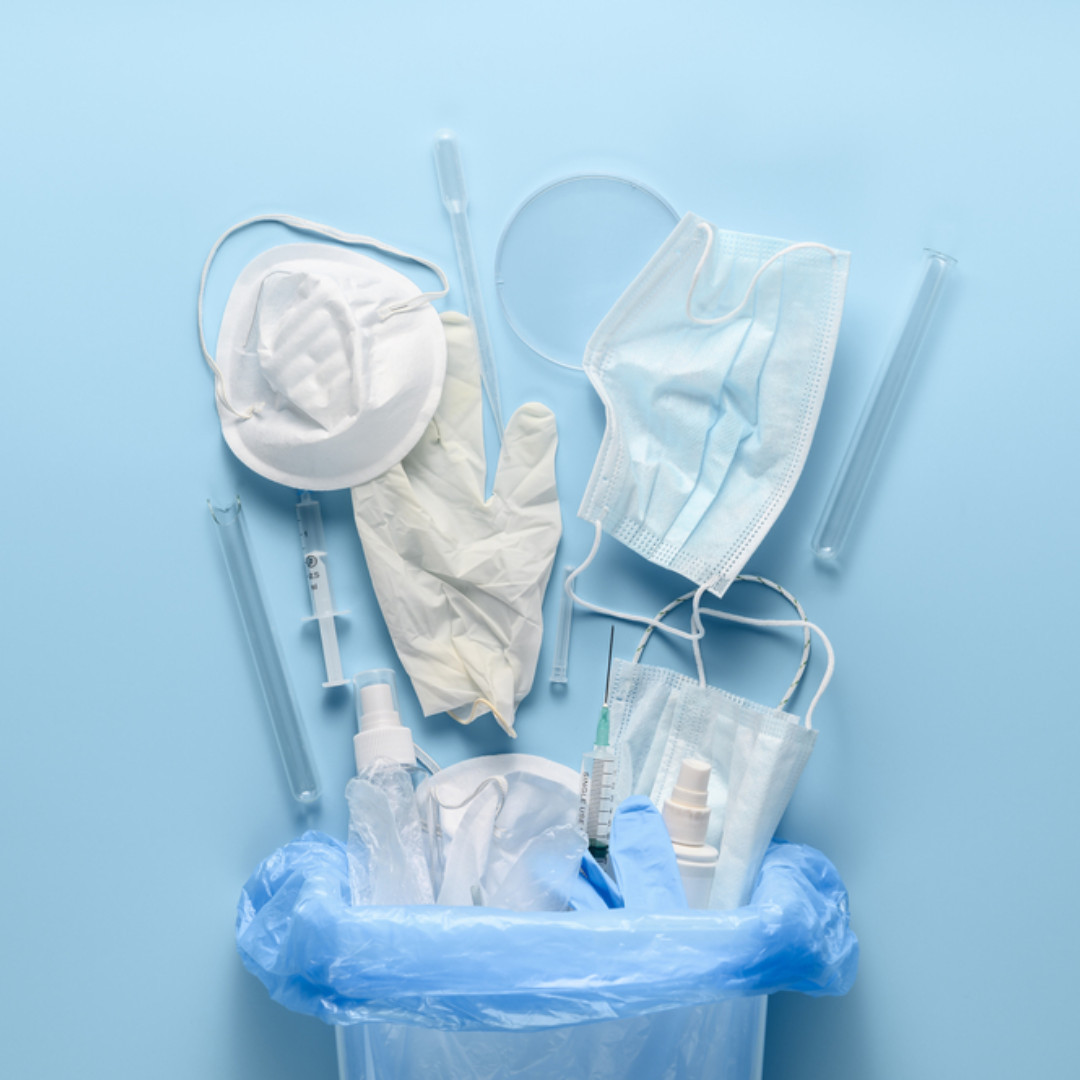Dive into the intricacies of medical waste segregation with our comprehensive guide. Learn about color-coded disposal systems and best practices for ensuring compliance and safety in healthcare facilities. Trust Waste Medic for expert guidance and solutions tailored to your waste management needs.
Read MoreSafety & Compliance
Navigating Responsible Medical Waste Disposal: A Guide for Hospitals & Medical Offices
Discover best practices for responsible medical waste disposal in hospitals and medical offices. Learn how Waste Medic’s tailored solutions ensure compliance, safety, and peace of mind for healthcare facilities.
Read MoreSafeguarding Health: The Vital Role of Proper Sharps Disposal in Hospitals
Ensure the safety of your healthcare facility with Waste Medic’s expert sharps disposal solutions. Partner with us for reliable, compliant, and tailored waste management services. Protect your staff and patients today.
Read MoreOptimizing Medical Waste Compliance Training with Waste Medic
In the realm of healthcare, compliance training serves as a cornerstone for maintaining regulatory standards and ensuring patient safety. Waste Medic, a prominent figure in medical waste management solutions, offers a comprehensive approach to compliance training tailored to the unique needs of healthcare organizations. Here’s an in-depth look at Waste Medic’s strategy for enhancing medical compliance training: Customized Training Modules Waste Medic recognizes that one-size-fits-all approaches to compliance training fall short in addressing the diverse […]
Read MoreThe Nationwide Push to Address Violence Against Healthcare Workers: 4 Updates
Amid violence against healthcare workers, hospitals, health systems and states across the U.S. are working to address the issue. These efforts range from appointing “workplace violence coordinators” to holding a gun violence prevention forum. Here are four recent updates: State University of New York Upstate Medical University selected two “workplace violence coordinators” to address violence against healthcare workers. The Syracuse, N.Y.-based organization named Frank Ferrante and Gerald Santoferrara to the new roles on its risk […]
Read MoreQuality Transformation: How Hospitals are Striking a Balance Between the Bottom Line & Better Care
Patient safety events, especially preventable ones, are on the rise at healthcare organizations. Meanwhile, frontline staff are burned out, and the current fiscal environment is exerting pressure on margins. Amid these interrelated challenges, it is difficult for health system leaders to manage competing priorities. Though many hospitals and health systems try to reduce expenses by cutting supply costs, the greatest opportunity for transformation is quality improvement. Becker’s Hospital Review recently spoke with two Vizient experts […]
Read MoreLearn How to Dispose of Your Used or Expired EpiPen
It’s common for people with severe food allergies to carry an EpiPen. This is a pen-like device prefilled with a drug called epinephrine that you inject into yourself in the event of an allergic emergency. The injection immediately opens the airways and relieves potentially life-threatening symptoms of severe allergic reactions like anaphylaxis. Having an EpiPen nearby is a precautionary measure that can save your life if you are accidentally exposed to an allergy-causing substance (an […]
Read MoreImpact of a Positive Patient Safety Climate on Infection Prevention Practices
New data published in the American Journal of Infection Control (AJIC) provide the first published evidence that a positive safety climate and adherence to standard precautions predict key health care–associated infection (HAI) and occupational health outcomes among patients and health care workers, respectively. The findings highlight features within hospitals’ organizations and safety climates that could be modified to improve these outcomes. “Despite the infection prevention and safety benefits associated with standard precautions, generating consistent adherence […]
Read MoreOSHA Gets Ball Rolling on Proposed Rule on Workplace Violence in Healthcare Facilities
The Occupational Safety and Health Administration (OSHA) recently took a major first step toward developing its anticipated standard regarding violence in the healthcare setting, titled “Prevention of Workplace Violence in Healthcare and Social Assistance.” On March 1, 2023, OSHA convened a Small Business Advocacy Review (SBAR) panel—an initial step in formulating a new standard that gives representatives of small businesses and small local government entities an opportunity for input. The Occupational Safety and Health Administration […]
Read MoreRite Aid Agreement Calls for Bloodborne Pathogen Safety Program
Following an incident in which a clerk was told to clean up spilled blood from an injured customer, Rite Aid Corp. must now implement a safety program to better protect employees against hazards related to bloodborne pathogens at its 370 stores in New Jersey and New York. The move is in accordance with an agreement with the U.S. Occupational Safety and Health Administration following an investigation into the 2022 incident at a Rite Aid store […]
Read More